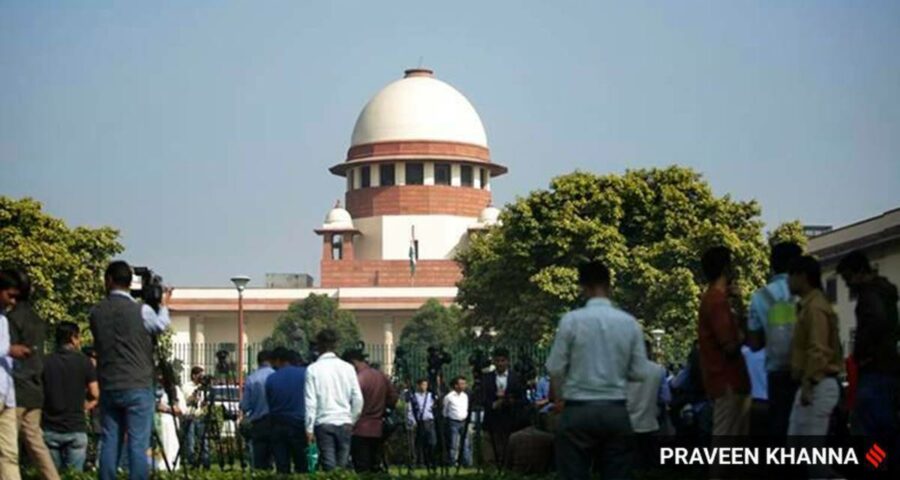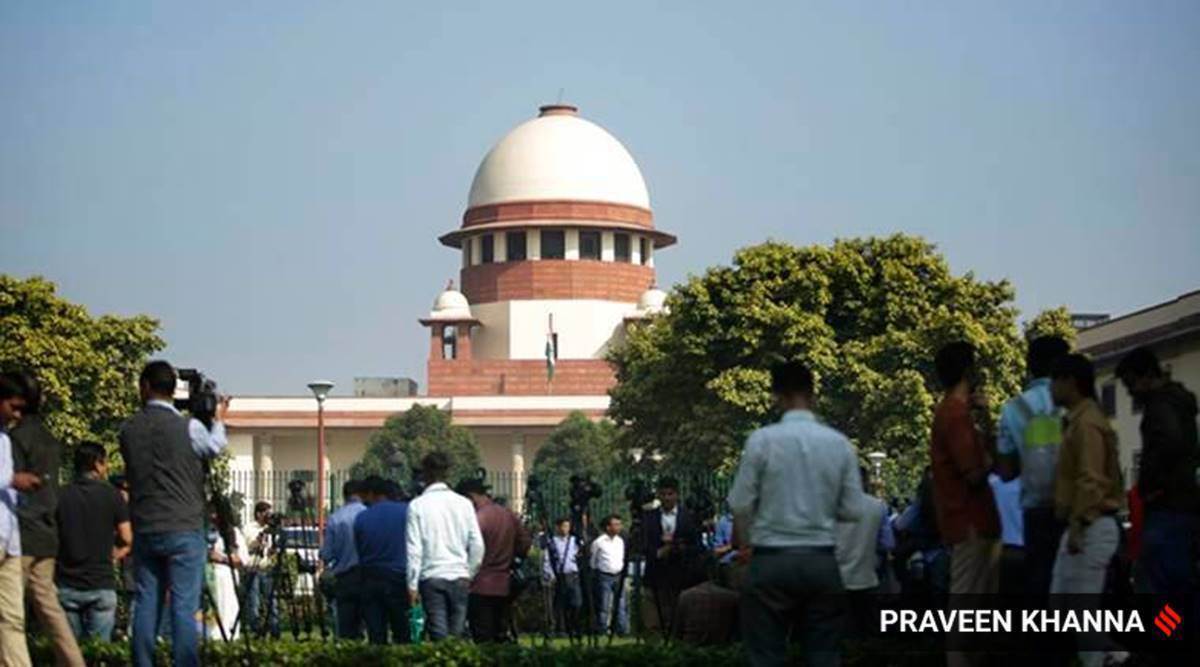The agency had approached the apex court over the High Court sending the four TMC leaders arrested in the case to house arrest.
WITH the Supreme Court observing that the matter was pending before the Calcutta High Court, and it should take a call first, the CBI Tuesday withdrew an appeal over the Narada sting case. The agency had approached the apex court over the High Court sending the four TMC leaders arrested in the case to house arrest.
A vacation Bench of Justices Vineet Saran and B R Gavai of the Supreme Court pointed out that a five-judge Bench of the Calcutta High Court was seized of the matter. All parties could raise their contentions before the Bench, it said, adding that the High Court was also a constitutional court. “After the five-judge Bench decides, we (can) peruse the opinion of the Calcutta High Court,” the Court said.
The top court added, “We have not expressed any opinion on the merits of the case and our observations do not reflect our views on (the) merits of the matter.”
Though the CBI sought to link the High Court order on the four TMC leaders, including two ministers, to the “extrordinary circumstances” in the state — with Chief Minister Mamata Banerjee herself leading protests against the arrests — the Supreme Court said the two have to be seen separately.
Arguing that the Narada bribery case may be fit for transfer outside Bengal, Solicitor General Tushar Mehta, representing the CBI, said, “The bail order was stayed (by the High Court) under extraordinary circumstances… From May 17 to May 19, there was no change in circumstances and suddenly one (High Court) judge vacates the (stay) order and the accused are put under house arrest. Such an important matter and no notice was issued to us. The Chief Minister barges into the police station to help the accused… My Public Prosecutor was arguing on his phone and there was stone pelting. The court was crowded, with 3,000 people outside… When the court compound is pelted with stones and the Law Minister is in the courtroom, then proceedings are vitiated.”
The Supreme Court said “we don’t support the action of the CM or the Law Minister and you can take whatever action you want to” but, it added, the question of liberty of the accused would be examined in the bail plea and that “for other issues, other remedies are there”.
“Liberty of the accused has to be seen in bail plea. action of others will have to be seen later,” said Justice Saran, adding that action can be taken against law breakers. “Nobody is above the law, whoever it may be,” added Justice Gavai.
When Mehta referred to “intimidation” by mobs, Justice Gavai said, “We don’t feel that our judiciary, including our district judiciary, can be influenced by mobs. We don’t want to demoralise our judiciary across the country.” Justice Gavai also recalled an instance from his own career and said when he was hearing an anticipatory bail plea in a rape case in Aurangabad in 2013, protesters had come inside the court to pressure him. Though police asked him not to pass orders, he delivered the order, Justice Gavai said.
Justice Gavai also observed that while Special Benches are usually constituted to protect liberty, the opposite had happened in the present case (as the High Court Bench had reversed the bail granted by the lower court).
The CBI had arrested the four leaders — West Bengal Transport Minister Firhad Hakim, Panchayat Minister Subrata Mukherjee, TMC MLA Madan Mitra and former Kolkata mayor Sovan Chatterjee — on May 17. A CBI Special Court had granted interim bail to them the same evening, but a High Court Bench of Acting Chief Justice Rajesh Bindal and Justice Arijit Banerjee had stayed its order, sending the four to judicial custody.
On the application by the accused for recall of the stay order, Justice Banerjee had on May 19 passed an order allowing bail, differing with the Acting CJ. The Division Bench had then passed an order on May 21 sending the four accused to house arrest instead, directing that the leaders could carry on their work virtually at home, but not receive any visitors. The court had also announced a larger, five-judge Bench to hear the matter.
In its SLP to the Supreme Court, the CBI had challenged the house arrest as well as Judge Banerjee’s opinion favouring interim bail.
Source: Read Full Article


